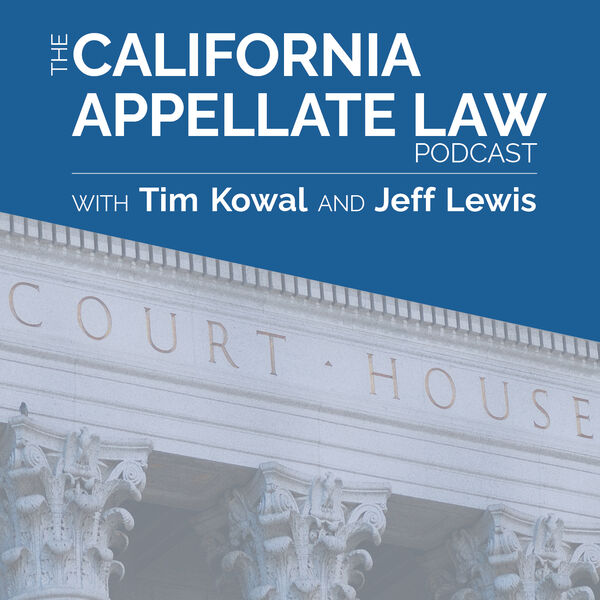
Isn’t it frustrating to find just the right case that supports your argument, only to notice that the case is unpublished? And lawyers are forbidden from citing to unpublished cases.
Don’t despair too much. Justice James Lambden (Ret.) notes that there are a number of published cases out there that lift the language or reasoning from unpublished cases. Remember that, in California, there is no horizontal stare decisis—which means the reasoning of unpublished cases has exactly as much binding authority on appellate courts as the reasoning of published cases. That is to say, neither published nor unpublished cases are binding on appellate courts.
So don’t fret: Make the best arguments available. If they’re supported by published authority, cite them. If not, don’t. If the arguments are any good, the appellate court will probably adopt them, even if there are no published cases on point. And if the arguments stink, the court will probably reject them, regardless of the citations to sister appellate courts.
And in arbitrations, the arbitrator can look at anything, says Justice Lambden, pointing to the Moncharsh v. Heily Blase decision. You can always find a way to get the reasoning into the case.
“The right answer,” Justice Lambden says, “is where you find it.”
Watch the clip here.
This is a clip from episode 51 of the California Appellate Law Podcast. Listen to the full episode here.